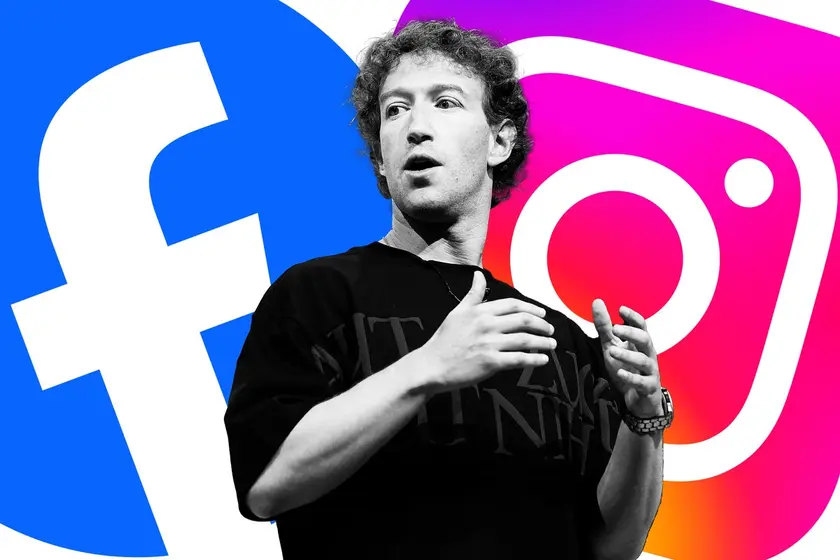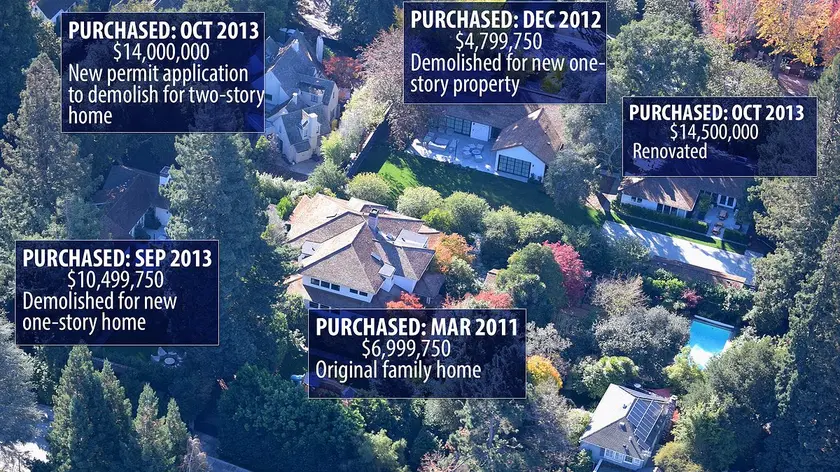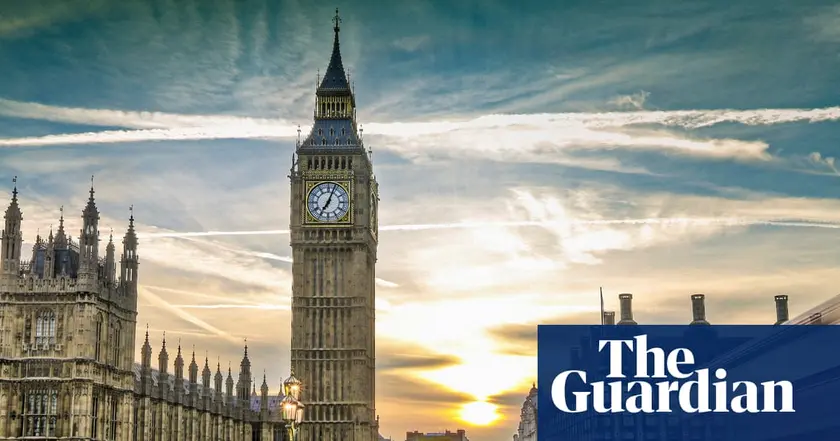T4K3.news
Zuckerberg real estate empire draws scrutiny
A sweeping look at Zuckerberg's property purchases across Palo Alto, D C Hawaii and Lake Tahoe and the questions they raise about power and accountability.

An in-depth look at Mark Zuckerberg's multi state real estate portfolio and the social and political reactions it has sparked.
Zuckerberg builds a vast property empire
In Palo Alto, California, Mark Zuckerberg owns 11 properties along Edgewood Drive and Hamilton Avenue, creating a private cluster that has drawn local attention. The acquisitions include a $7 million Crescent Park home and four additional parcels bought for about $43 million, part of a broader two-street redevelopment that neighbors say has changed the neighborhood's character. In Washington, D.C., Zuckerberg bought a $23 million mansion in the Woodland Normanstone area, a purchase that has sparked discussion about political signaling and access to influence. Far away in Hawaii, he is building a massive Koolau Ranch compound on Kauai, a 1,400 acre estate with multiple mansions and a 5,000 square foot underground bunker, all largely cloaked by secrecy. A second set of luxury properties sits on Lake Tahoe, bought for about $59 million, also kept under NDA.
Residents and local officials note the scale is unprecedented for a single private owner and allege it has reshaped neighborhood life, property values, and planning expectations. Meta has not released detailed comments beyond broad statements about security and policy work, while critics warn the trend signals a broader pattern of private wealth shaping public space. The report highlights how secrecy and security costs accompany these acquisitions, prompting questions about transparency and community governance.
Key Takeaways
"It’s the ultimate bow to the man in the White House"
Tom Daley on political signaling via real estate
"It’s a mystery why the city has been so feckless"
Michael Kieschnick on Palo Alto oversight
"Billionaires everywhere are used to making their own rules"
Aaron McLear on billionaire influence
"designed to maintain the rhythm of the street and to respect the traditional Architecture found in the neighborhood"
Architect Robert Gurney on the D C home design
The situation reveals a growing tension between private wealth and public spaces. When a handful of people own a significant share of a neighborhood, questions rise about zoning, public access, and the city’s ability to regulate land use without targeting individuals. This story invites readers to consider how much influence is appropriate for tech leaders who also sit at the table of local and national policy debates. It also shows how, in the current climate, secrecy around such purchases can erode trust and invite scrutiny of both motives and consequences.
Beyond housing and aesthetics, there is a broader question about accountability. If strategic real estate becomes a prop for political posture, cities may need clearer rules on disclosure, community input, and the limits of private wealth in shaping civic spaces. The risk is not just about property, but about how power is exercised and perceived in a democratic society.
Highlights
- Power hides in plain sight behind closed gates
- Wealth reshapes neighborhoods more quietly than votes
- Secrecy breeds unease when money writes the map of a city
- Communities deserve a say when private wealth runs the streets
Property purchases prompt regional backlash and political scrutiny
The scale and secrecy of Zuckerberg's acquisitions raise questions about housing impact, political signaling, and governance. Local residents and activists have voiced concerns about transparency and public space, while lawmakers may weigh calls for oversight on large private land deals and the role of wealth in shaping policy.
The story invites ongoing scrutiny of how wealth and influence intersect with everyday life in communities.
Enjoyed this? Let your friends know!
Related News

Trump files $20 billion lawsuit against The Wall Street Journal

Trump Media acquires $2 billion in Bitcoin

Morrisons sale to WP Carey finalised

Tech stocks long term bets under review

Memoir Controversy Roils Salt Path Fans

Neighborhood tensions spark debate in Palo Alto

Zillow and Compass conflict may disrupt real estate listings

AI edited photos in property listing draw scrutiny
